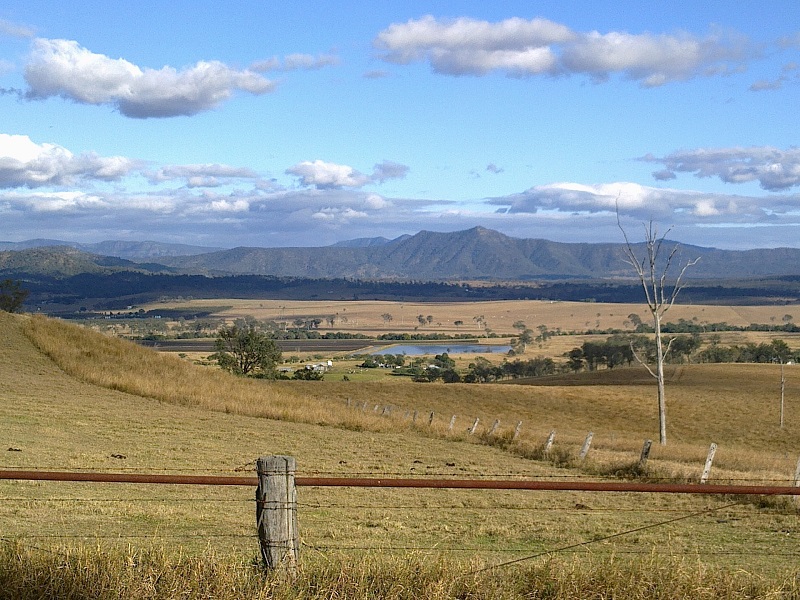Landholders are being denied meaningful input into critical decisions about land use, including controversial coal seam gas proposals such as the Narrabri Gas Project, according to the Acting Director of the Australian Centre for Agriculture and Law, based at the University of New England (UNE).
Associate Professor Amanda Kennedy, who has produced case studies from NSW communities at the heart of disputes over CSG development, says onerous development assessment procedures are weighted in favour of developers. Without strong procedural rights, such as proper access to information, genuine input into decision-making, or the ability to object or appeal decisions in an independent tribunal, other substantive human rights – such as the right to a clean and healthy environment – may be at risk.
“People think they have the right to participate and engage in environmental decision-making, but the system is not geared toward allowing affected landholders to have their say in an effective manner,” Amanda said. “While information is generally available on CSG projects, it is often too complex to decipher in the short timeframes allowed, or expert advice is too costly to obtain, and the resources required to challenge decisions in court are enormous. When you’re a farmer also trying to maintain a livelihood and look after a family this makes it near-impossible.
“As this week’s SBS Insight program showed, it takes its toll on those at the frontline, as they are required to invest a huge amount of personal time and money just to participate in the discussion.”
Geographical distance, access to technology, reduced funding to the Environmental Defender’s Office (and therefore cost-effective legal representation), and greater penalties for protesting were further obstacles to landholders impacted by proposed developments. “Our system falls short by not ensuring proper access to decision-making tribunals, not resourcing people adequately to engage, even not putting things into clear and simple language,” Amanda said. “The power imbalance is also evident in the close relationships between industry bodies and regulators, and the lack of effective independent review mechanisms for landholders and communities.
“Legislation and policy regarding these emerging extractive industries has been largely developed on the run and hasn’t anticipated the level of impact.This leaves many communities vulnerable to inadequate land-use decision-making practices. At the very least, people are not able to participate effectively in environmental decisions that impact on them; in some cases though, there is evidence of a direct contravention of access to environmental justice.”
Having spent several years consulting communities and interest groups facing extractive development, Amanda said legislative and policy changes were urgently needed to give all affected parties an equal seat at the table. Last week she made several recommendations to the international independent Permanent Peoples’ Tribunal on the subject of the human rights impacts of fracking and climate change.
“My colleagues and I requested that the Permanent People’s Tribunal call on the Australian Government to ratify the Aarhus Convention on Access to Environmental Information and Public Participation in Environmental Decision Making, which provides a model for effective public participation in decision-making for environmental matters. We also asked them to call on the Australian Government to set up a specialist independent body to investigate complaints where due process and procedural rights have not been met,” she said.
The tribunal is expected to hand down its decision in the coming months.


